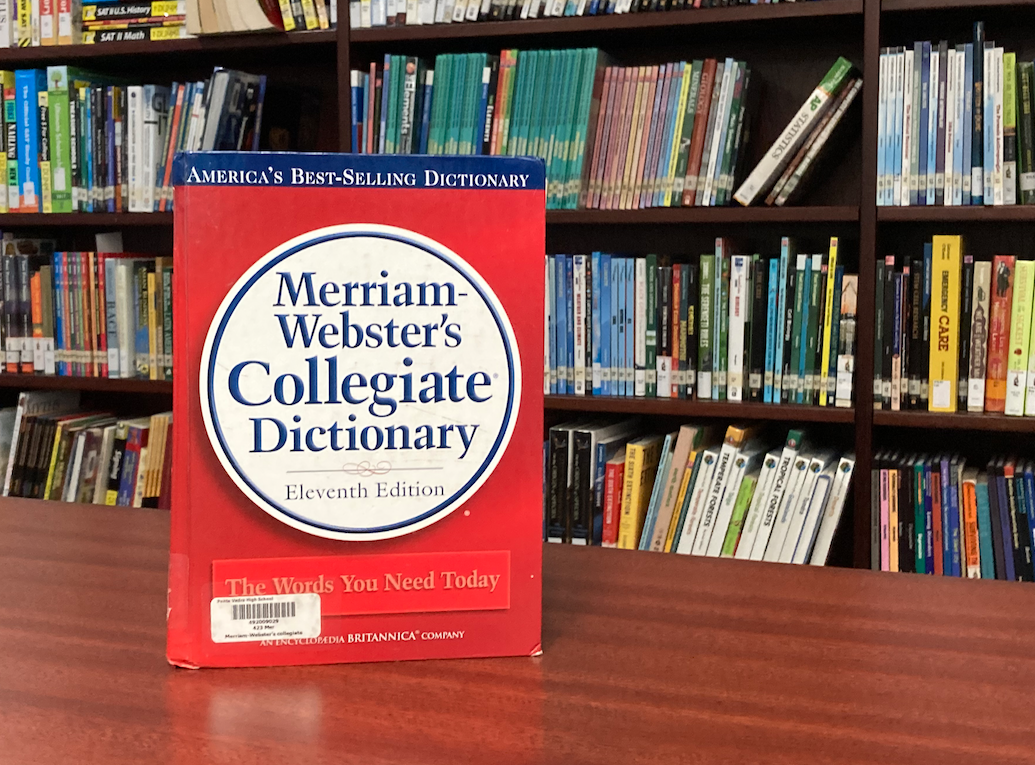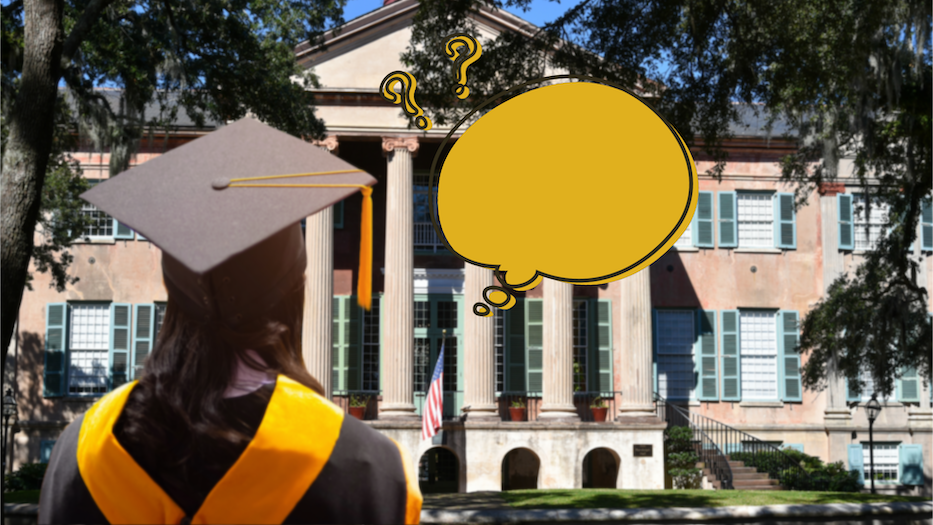By James Grossmann and Jackson Gianchetta
In the digital age, language never ceases to evolve. The COVID-19 pandemic led to an increase in communication taking place via social media platforms. The rise in communication on social media has had rippling effects on the way people communicate with each other both in person and away from one another. This trend in communication has continued even after the shackles of the pandemic have begun to be lifted in various parts of the world.
Two prominent English dictionaries, Oxford and Merriam-Webster, named their words of the year as “goblin mode” and gaslighting respectively. Some may perceive the terms designated by the dictionaries as just a way for hoity-toity English enthusiasts to showcase verbose words, but these words embody the shift brought forward by social media to communication. Both words had minor usage years ago but later became prominent during and after the COVID-19 pandemic and the shift to digital communication it brought.
The phrase selected by the Oxford English Dictionary, “goblin mode” was coined in 2009 by Twitter user @jenniferdujour to describe the behavior of her young child, writing “m was in full hyperactive goblin mode last night. it was as if he ate a bag of sugar-coated candy, then washed it down with a few red bulls.” The phrase re-emerged in February of 2022 when an image of a doctored news headline was posted to Twitter, claiming that Kanye West had broken up with his ex-girlfriend Julia Fox because “He didn’t like when [she] went goblin mode.” This false headline was reported on by various traditional media sources which scrambled to find a definition for the odd phrase prior to verifying the original tweet. On the back of this newfound popularity, the phrase emerged as an umbrella term to describe actions that deviate from social norms. Social media users generally attribute Goblin mode to actions seen as fruitless yet enjoyable. To “go goblin mode” is to stay home and lounge on the couch, binge-watching your favorite television show. The term has been embraced by a generation of young people, not wanting to give in to traditional societal pressures.
As for the term gaslighting, its origins can be traced to the title of a 1938 play and the following movie based on it in which a man attempts to convince his wife she is going insane via dimming the house’s gas lights. In this context, Merriam-Webster defines gaslighting as “psychological manipulation… that causes the victim to question the validity of their own thoughts, perception of reality, or memories[.]” In today’s context, the meaning of gaslighting has transmogrified only slightly; chiefly, gaslighting is now defined by the Merriam-Webster dictionary is “the act or practice of grossly misleading someone, especially for a personal advantage.” Merriam-Webster also reports that uses for gaslighting in the current world range from personal tales to political discussion.
The ripples brought by the COVID-19 pandemic to the way people communicate with one another will be felt far beyond the conclusion of the pandemic. While masks can be taken off and social distancing can be reduced, the way people speak is an ingrained element of cultural identity that cannot be wiped so easily. The words of the year for Merriam-Webster Dictionary and Oxford Dictionary embody this; put simply, the unorthodox aspect of these words embodies the uniqueness of how people continue to innovate in communication. No matter how long ago these words may have originated, the COVID-19 pandemic brought them back into the main fray. Even though some will not particularly care about what are seemingly pompously trite words, the future of the English language is constantly transforming as world events shape the planet and the people living on it.





